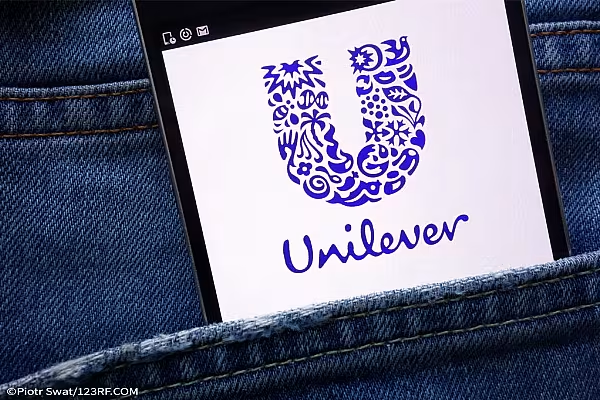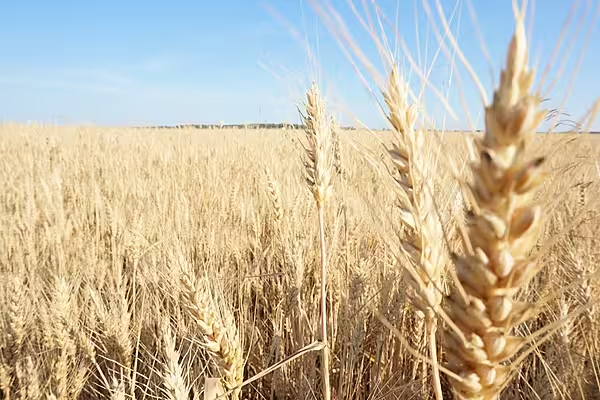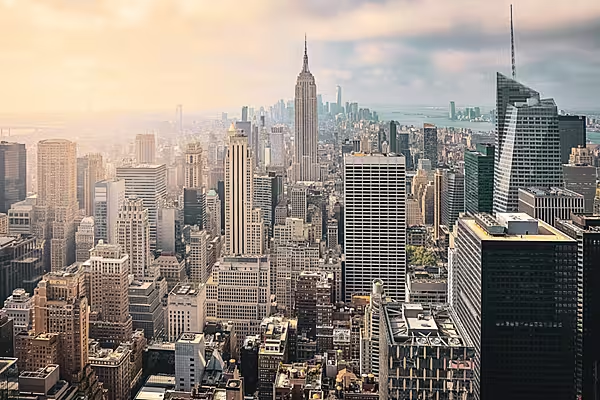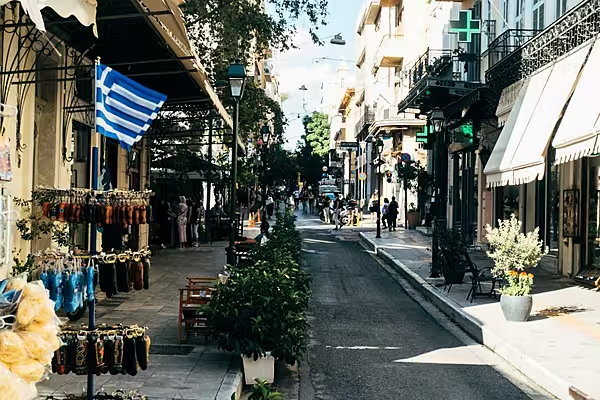Unilever said 'there is a risk' that it may have to stop doing business in Russia, and that it might have to take a loss or write down its assets there.
The company, which employs over 3,000 people in Russia, in March became the first major European food company to stop imports and exports out of Russia after the country's invasion of Ukraine.
The maker of Dove soap and Knorr soup said at the time it would not invest further in Russia and would also stop all media and advertising spending there, adding that its Ukrainian operations had also stopped.
However, it continued to supply its everyday essential food and hygiene products made in Russia to people in the country, while saying it would not take any profit from those sales. All earnings made in Russia stay in there, the company said.
Financial Implications
'We will continue to review and disclose the financial implications from the conflict,' Unilever said in its Thursday earnings statement.
'While the potential impacts remain uncertain, there is a risk that the operations in Russia are unable to continue, leading to loss of turnover, profit and a write-down of assets.'
Jope added that it has not started writing down the business but flagged the risk on Thursday because it wanted to be transparent with shareholders and regulators.
"I hope we can protect the people we have on the ground for quite some time. The war has triggered inflation in Russia, which is the scourge of an economy. And the volumes in our Russian business are down significantly, by double digits," he added.
Russian Assets
As of 31 December, Unilever had assets worth about €900 million ($968.58 million) in Russia, including four factories, the company said, adding that in 2022 the business contributed 1.4% of the its total turnover and 2% of its net profit.
"The option that we're following right now is the one that contributes the least to the Russian economy (in terms of taxes).. simple abandonment would definitely result in more contribution to the Russian economy," chief executive Alan Jope said on a media call.
"Ringfencing and managing these businesses in a way that they don't fall in to the hands of the regime - we believe that is the most principled response alongside our concern for the 3,000 people that we have there," Jope said.
"Exiting is not straightforward. And just to be clear, we are not trying to protect the commercial value of our business in Russia."
News by Reuters, edited by ESM – your source for the latest A Brands news. Click subscribe to sign up to ESM: European Supermarket Magazine.














